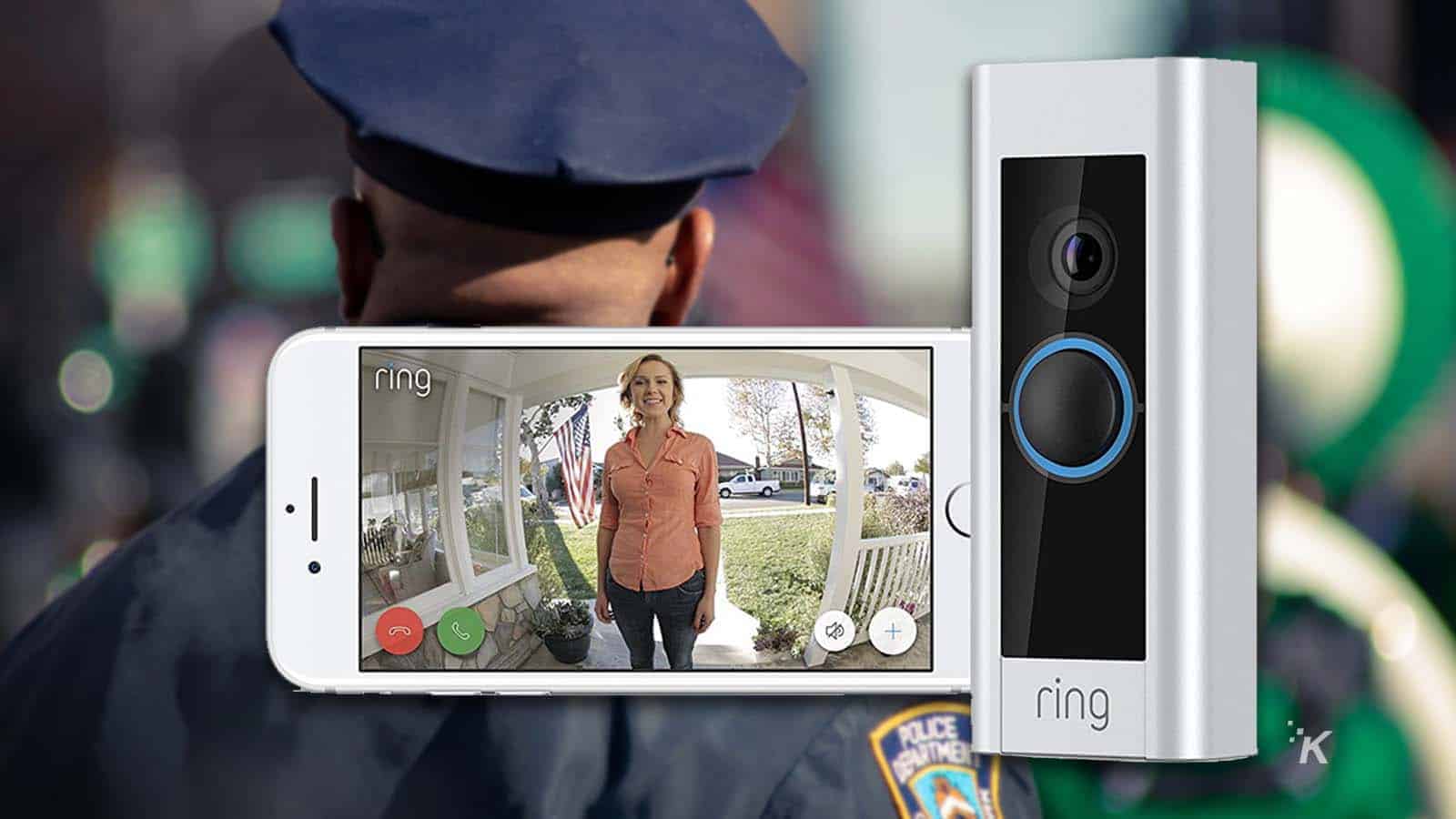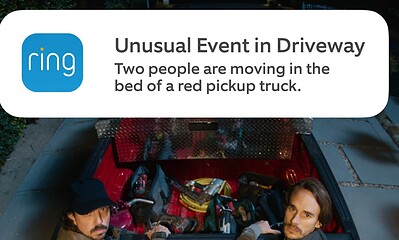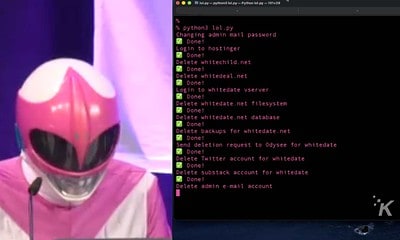News
Google and Amazon let police see your video without a warrant
Other companies like Arlo, Apple, Wyze, and Anker all say they won’t hand over footage.

Just a heads up, if you buy something through our links, we may get a small share of the sale. It’s one of the ways we keep the lights on here. Click here for more.
We found out earlier this year that Amazon’s Ring was still giving your smart home’s video footage to police, even without a warrant. They’re not alone, as CNET reports that Google has similar carve-out clauses for the Nest brand.
That clause is worded slightly differently in each company’s terms and conditions, but the result is the same. Your video footage (and presumably live video from your devices) can be given to the police without a warrant.
When it comes to each of the companies, both seem to lean away from saying they willingly give footage over. Instead, they focus on immediate danger and other threats.
Google has this to say about the type of situations that it would hand over footage without a warrant:
“If we reasonably believe that we can prevent someone from dying or from suffering serious physical harm, we may provide information to a government agency — for example, in the case of bomb threats, school shootings, kidnappings, suicide prevention, and missing persons cases. We still consider these requests in light of applicable laws and our policies“
Amazon’s Ring has a similar clause, containing:
“[…]cases involving imminent danger of death or serious physical injury to any person[…]”
Ring has already supplied footage to the police over ten times this year without a warrant, according to Amazon VP of public policy, Brian Huseman.
It’s not all bad news for your smart home. CNET spoke to many leading brands, and Arlo, Apple, Wyze, and Anker, owner of Eufy, all say they won’t show anyone your video without a warrant.
Moreover, Apple and Eufy say they couldn’t share it if they wanted to, as their video feeds are end-to-end encrypted.
Ring also has end-to-end encryption, but you must enable it manually, and when you do, you lose access to some features. That trade-off seems fair to us, and we recommend that any Ring owner turns it on.
UPDATE 7/28/2022 9:56 AM ET: A Google spokesperson reached out with a statement regarding CNET’s recent report.
In the statement, they note, “If there is an ongoing emergency where getting Nest data would be critical to addressing the problem, we are, per the TOS, allowed to send that data to authorities. To date, we have never done this, but it’s important that we reserve the right to do so.“
They go on to state that Google “takes emergency disclosure requests very seriously, and have dedicated teams and strict policies in place that are designed to ensure that we provide information that can assist first responders in the event of an emergency while ensuring that we only disclose data that is reasonably necessary to avert an ongoing threat.“
Finally, they note, “To reiterate, and as we’ve specified in our privacy commitments, we will only share video footage and audio recordings with third-party apps and services that work with our devices if you or a member of your home explicitly gives us permission, and we’ll only ask for this permission in order to provide a helpful experience from an approved partner (such as a home security service provider).“
Have any thoughts on this? Let us know down below in the comments or carry the discussion over to our Twitter or Facebook.
Editors’ Recommendations:
- Amazon will start slapping ads on Echo Show devices
- Netflix teams up with Microsoft for its new ad-supported tier
- Update Google Chrome now — 5 ‘high risk’ flaws discovered
- How to stop your Ring device from sharing data with third-party companies




























